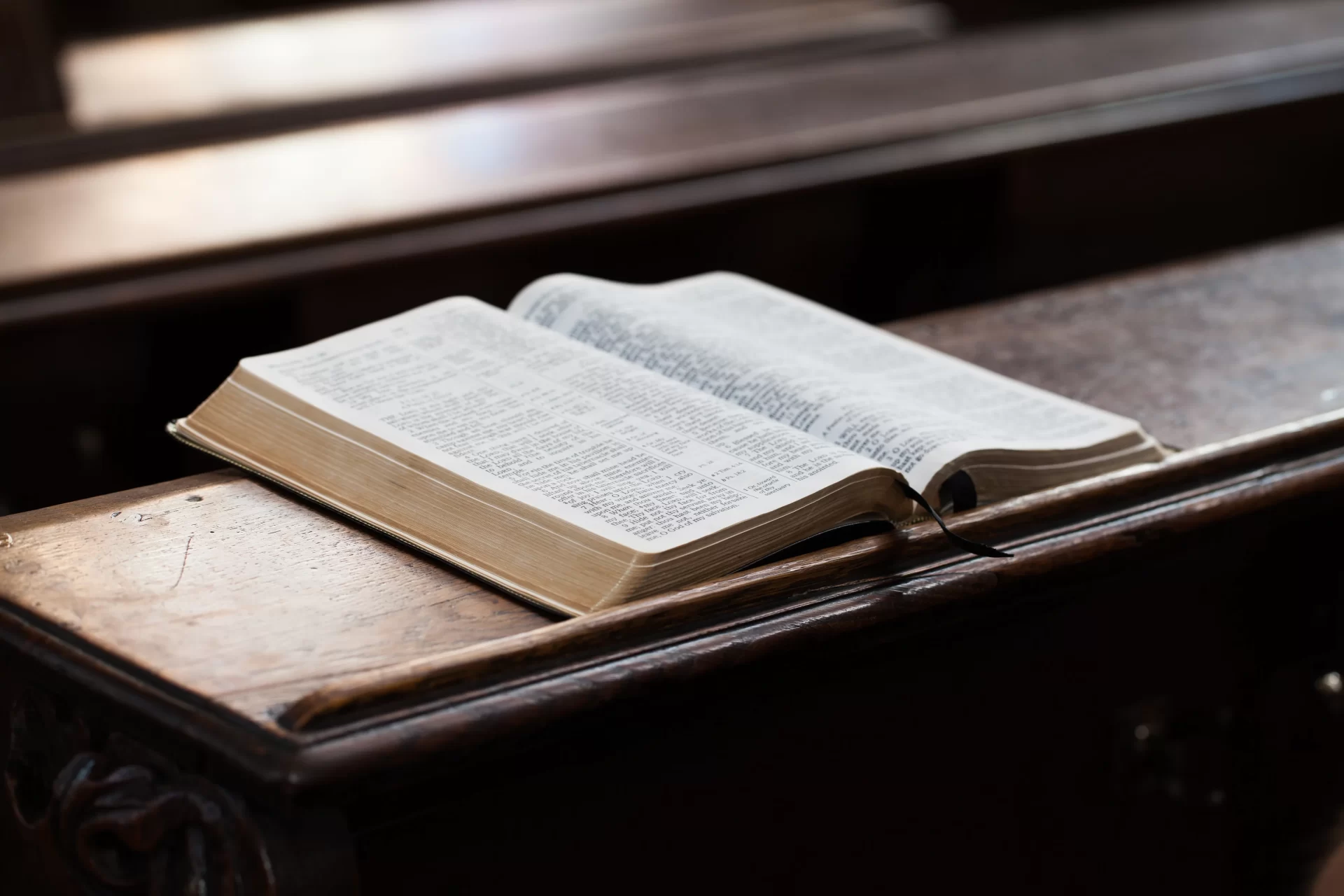“The LORD is my light and my salvation—whom should I fear? The LORD is the stronghold of my life—whom should I dread?” —Psalm 27:1
Esther: For Such a Time as This | C. 500-400 BC
Bio: Born with the Hebrew name Hadassah (a Hebrew name that denotes the peace and love symbolized by the myrtle plant), we often remember this heroic queen by the Persian translation of her name, Esther. As a child, she was orphaned and left in the care of of Mordecai, a cousin in the tribe of Benjamin, living in the Persian capitol of Susa. Her people had been taken captive at least generation earlier, but even in a foreign land, they still faithfully remembered the ways of the Lord and their covenant relationship with Him.
When King Xerxes banished his wife Vashti for publicly disobeying a command, a search began for a new, beautiful queen. The young women recruited for the honor were among the most beautiful in the land, and Esther was selected and taken to the palace where she heeded Mordecai’s advice to conceal her Jewish heritage. After months of training and beauty treatments, each candidate was to meet the king, who could make a selection at any time. Separated from her only remaining family and living in the palace, Ether’s character, modesty, and humility quickly won the favor of many among the palace staff.
One day, Mordecai, who also worked in the government, overheard a plot to kill the King. He passed word of the assignation plot to Esther, who was able to warn the King and save his life. However, the good deed was not to go unpunished, and the chief advisor of the king, Haman, resolved to exterminate all of the Jewish people living in the land. Mordecai went to warn Esther, who was now queen, and begged her to go to the king to intervene on behalf of her people. Esther reminded him that approaching the king uninvited could mean death, unless the King extended his scepter in pardon. Mordecai reminded her that God was truly on the throne and had a purpose for her, and Esther decided to embrace it. She and her ladies in waiting spent three day fasting and praying, and on the third day, she godly approached the king—uninvited. The king not only extended his scepter—he granted Esther’s requested, saved the Jewish people from execution, and swiftly carried out justice towards Haman.
The Persian people embraced and even celebrated the Jewish people and many of the ways of their queen. Esther and King Xerxes went on to have two children: a daughter named Mandane and a son named Dairus, both of whom were raised to honor the covenant relationship between God and his people. Dairus became king of the Medes and Mandane married a Persian prince and gave birth to a son who became Cyrus the Great. Cyrus went on to conquer mighty Babylon and returned his mother’s people, the Jews, to their homeland. The books of Ezra and Nehemiah recount the feats of the Cyrus, the grandson raised by Queen Esther, who “returned the gold and silver cups that Nebuchadnezzar had taken from the Temple of God in Jerusalem” and helped rebuild the temple and restore the nation of Israel to their covenant relationship with God.
Lessons from Esther’s Life:
Esther’s life is a story of extraordinary bravery and selflessness that bore fruit for generations. No matter the personal cost, she determined to willingly and completely obey God’s call on her life. Approaching the King unannounced put her very life on the line, but she took that risk in order to prevent the mass execution of her people. As an orphaned captive in a foreign land, Esther was truly the least of these, and her powerful story and success is testament that it is by the Lord’s strength, and not our own, that we succeed and leave a legacy of life.
Quotes By Esther
“Go, gather all the Jews to be found in Susa, and hold a fast on my behalf, and do not eat or drink for three days, night or day. I and my young women will also fast as you do. Then I will go to the king, though it is against the law, and if I perish, I perish.” Esther 4:16
“Then Queen Esther answered, “If I have found favor in your sight, O king, and if it please the king, let my life be granted me for my wish, and my people for my request.” Esther 7:3
Other Important Quotes from the Book of Esther:
“The king loved Esther more than all the women, and she won grace and favor in his sight more than all the virgins, so that he set the royal crown on her head and made her queen instead of Vashti.” Esther 2:17
[Mordecai speaking to Esther] “For if you keep silent at this time, relief and deliverance will rise for the Jews from another place, but you and your father’s house will perish. And who knows whether you have not come to the kingdom for such a time as this?” Esther 4:14
“The Jews had light and gladness and joy and honor. And in every province and in every city, wherever the king’s command and his edict reached, there was gladness and joy among the Jews, a feast and a holiday. And many from the peoples of the country declared themselves Jews, for fear of the Jews had fallen on them.” Esther 8:16-17
Sources:
The Book of Esther
Esther: It’s Tough Being a Woman by Beth Moore
http://www.cognm.org/cognm/Publications/Esther_-_The_Rest_of_the_Story.htm









